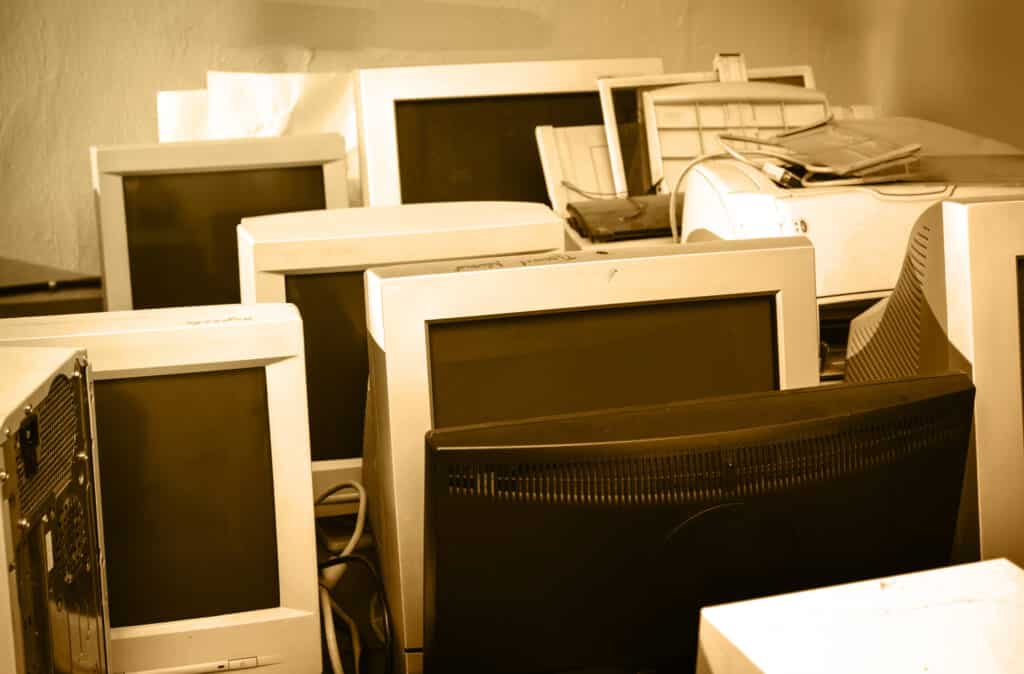-
February 14, 2023
What Happens to Your e-Waste When it is Recycled?

What happens to your e-waste when it is recycled?
The amount of e-waste generated each year is increasing as people regularly replace their old phones, computers, and other electronic devices with the newest, best models. But not all states require the recycling of e-waste. Only a little over 20% of e-waste is recycled and kept out of landfills. Making sure that their obsolete gadgets are returned to the manufacturer or an authorized e-waste facility is one more way for consumers and business owners to contribute. What follows that? Have you ever considered the recycling process for electronics? Let’s review the various phases.
Getting the Electronics
Businesses can hire an e-waste recycling company to collect up items from your office or place of work. If you’re recycling laptops and other equipment that could hold employee or customer information, you must work with a company that can erase the data or shred the hard drives. If you skip this step, the information could be stolen or made available after it changes hands.
You can also deliver your items to a nearby electronics recycling collection location such as your town’s or county’s solid waste transfer station. You might be able to bring them to a store like Best Buy or Staples or mail them to a processing facility. Curbside pick-up of gadgets may be an option if you reside in a larger city or metropolitan area but its less prevalent in smaller towns.
Breaking down and removing components from items
When your material arrives at Infoshred, components including cables, batteries, and ink/toner cartridges are taken out of the electronic device once it is at the recycling plant. Hard drives are shredded. Other items are sorted by category and transferred to a downstream processor for further sorting.
Once downstream, electronics are placed in a sizable shredder, where glass, plastic, and metals like copper, gold, palladium, and silver are shredded into tiny pieces. The metal components are separated from the other pieces by strong magnets. Glass sinks, but water can make plastic objects float. All of those components can be melted down and utilized in the creation of new goods.
For instance, these recycled electronics may be manufactured into patio furniture, containers, and car components made from plastic that was once used in electronics. Glass is frequently recycled to create fiberglass insulation and recycled glass countertops. Metals can be recycled to make new wiring and circuit boards.
Select Your E-Recycling Company Wisely
Some businesses gather e-waste and ship it overseas, where it may be improperly handled with regards to security and Environmental pollution. Before the data is properly erased, those products might be sold again, giving someone else access to private data. That stolen data could harm someone’s financial security or reputation if it falls into the wrong hands.
You should find out how the electronics are recycled from your neighborhood solid waste district or drop-off location. You don’t want your things to be handled by a business that lacks secure perimeters, security measures, and does not have employees who have been thoroughly vetted and trained. There are three specific certificates to seek for in order to do this.
- e-Stewards: Ask if the company that processes them is certified by e-Stewards, which means the electronics are reused and recycled with regard to the highest level of security.
- NAID AAA is a certification that confirms data destruction is carried out in a way that complies with particular requirements. It ensures that electronics whose data needs to be erased are handled in accordance with current laws and using robust security methods.
- R2 certification is crucial because it attests to the fact that recycling procedures adhere to a set of rules that guarantee the safety of workers and transparency at every stage.
Request an estimate on our website or by calling 860-627-5800 to learn more. Our experts will ask you a few questions to better understand your requirements, after which they will tell you exactly what to expect from start to finish, including the cost.
Popular Posts
Helpful Resources
Interested in Shred Events?
Come be a part of one of Infoshred’s upcoming Shred Events! We provide a safe, eco-friendly way to dispose of your confidential paper documents. With easy-to-reach locations and convenient dates, we’re here to help you safeguard your information while giving back to local causes.



